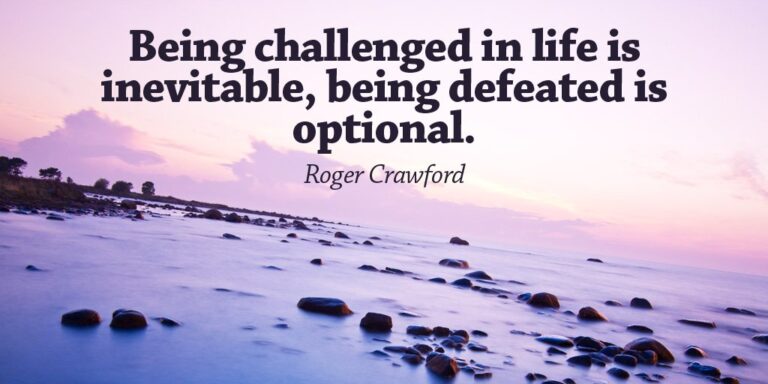Tapping into the Power of Social Learning
Before we were “LinkedIn” we were huddled around the water cooler. In the iconic scene from the offices of yesterday (and a few today), colleagues would gather around the water cooler, coffee pot, or vending machines and “talk shop.” After exchanging vignettes about the weekend’s events or excursions, the conversation would shift to office gossip, politics, news, and the latest prophecies about “corporate’s” next moves. Eventually, there would be some informal work product entangled with the happy chat, collaboration on everything from budgets to presentations. Sometimes the water cooler gatherings became a place of exchanged insight as well, colleagues sharing information about new techniques, products, and opportunities.
What I’ve just described to you is social learning. Social learning, first articulated by Dr. Albert Bandura, is built around the proposition that we learn through the social connections we make with peers, mentors, members of the family, etc. Water cooler conversations, Lunch and Learns, and Hackathons (addressed in an earlier post) are all examples of social learning in the workplace. Bandura observed that we often acquire significant skills and information in these informal settings, while also strengthening interpersonal bonds with the people from our various circles.
So What?
In the days before remote work, social learning was an organic component of the corporate ethos. Head to the communal coffee pot or eat your lunch in the company break room with a dozen of your pals, and Boom!, you couldn’t help but engage in social learning. Obviously, work environments are a bit different in the age of digital transformation. Screens and blankets of wireless access allow us to take our work beyond the office cubicle, keeping us digitally connected with data, operating revenue, and presentation materials 24/7. That said, social interactions often take the hit in the era of remote work, potentially lessening the impact of social learning.
As a leader in the corporate space, it is vitally important that you maintain your social connections and facilitate them for members of your team. While physical “meetups” are the ideal channels for social learning, digital connections will work too. Indeed, many companies already prioritize digital social learning, recognizing that the devices that keep us connected with our work should also connect us with people we work with throughout the week. A 2015 Bloomberg study on social learning revealed that 50% of companies were already building social learning into the digital domain of the corporate landscape, with 2/3 of companies planning to enhance their social learning offerings and venues in the near future. The Bloomberg study also indicated that there is no “one-size-fits-all” approach to social learning. “Social learning can take place in informal one-on-one encounters, among teams in the course of real-time problem-solving, communities of practice, through social software, expertise directories, and more.”
Tapping into Connection
Our peers and aspirational figures often motivate us to be the best versions of ourselves. Motivation is a powerful component of social learning. If a colleague in our department is exceeding her annual sales goals, wouldn’t we want to learn how she’s doing it? If another colleague is successfully using new software to streamline his back-end work, wouldn’t we want to understand how the software works? Of course. Connecting with these colleagues in informal settings provides us with ample opportunities to build our skills based on other’s experiences while also sharing information about what already works well for us. In the end, the organizations we serve become the ultimate beneficiaries or our collegial interactions.
Are you connected? I am. Social learning is an important piece of a healthy business, and it’s an invaluable tool in your own growth as a leader. Do all that you can to make it happen for you and the people you lead.




